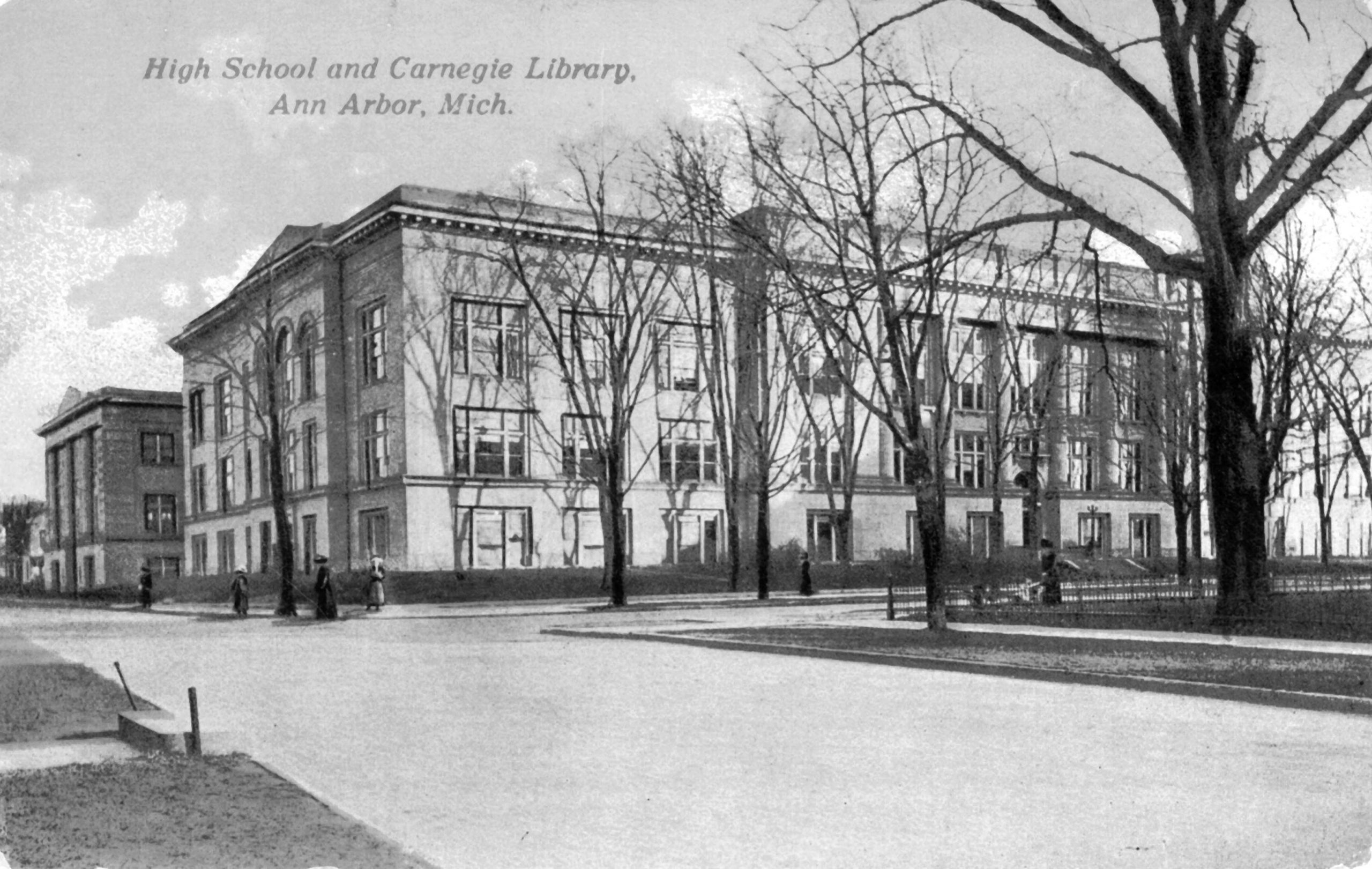“The secret of great fortunes without apparent cause
is a crime forgotten, for it was properly done.”
Are they hedge funds with a side hustle in teaching, research and building construction? Are they tricked out memorial gardens for philanthropists? In either case leaders of educational settlements are expected to act in the best interests of both their institution and their donors, and to maintain high standards of transparency, accountability, and ethical conduct when accepting charitable gifts.
University endowments are comprised of money or other financial assets that are donated to academic institutions. Charitable donations are the primary source of funds for endowments. Endowment funds support the teaching, research, and public service missions of colleges and universities.
In the case of endowment funds for academic institutions, the income generated is intended to finance a portion of the operating or capital requirements of the institution. In addition to a general university endowment fund, institutions may also maintain a number of restricted endowments that are intended to fund specific areas within the institution, including professorships, scholarships, and fellowships.
More
2021 NACUBO-TIAA Study of Endowments
University of Michigan: Policy Guidelines for Naming of Facilities, Spaces and Streets
Dartmouth University Endowment Report 2023
https://www.dartmouth.edu/investments/docs/dartmouthendowmentreport2023.pdf
The largest philanthropic gift ever given to a United States college or university is the donation of $9.6 billion made by MacKenzie Scott to various organizations, including several universities, in 2020. Scott, the ex-wife of Amazon founder Jeff Bezos, made the donation as part of her commitment to give away the majority of her wealth to charitable causes. The universities that received donations from Scott include historically black colleges and universities, community colleges, and research universities such as the University of California, San Diego, and Johns Hopkins University. The donation was considered significant not only for its size but also for its focus on supporting organizations that serve underrepresented and marginalized communities.
There are several standards and best practices that are generally followed by universities and colleges when accepting charitable gifts. These standards are designed to ensure that the gift is used effectively and that the interests of both the donor and the institution are protected. Some of the key standards include:
- Transparency and accountability: Universities and colleges are expected to be transparent about how gifts are used and to provide regular reports to donors on the impact of their gifts.
- Due diligence: Universities and colleges are expected to conduct due diligence on potential donors to ensure that their gifts do not create conflicts of interest or ethical concerns.
- Gift acceptance policies: Many universities and colleges have established gift acceptance policies that outline the types of gifts that will be accepted and the procedures for accepting them.
- Donor recognition: Universities and colleges are expected to recognize donors in an appropriate and meaningful way, while avoiding actions that could be seen as an endorsement of the donor’s business or political interests.
- Ethical fundraising: Universities and colleges are expected to follow ethical fundraising practices, including avoiding pressure tactics or misleading information, and ensuring that donors are aware of any tax implications of their gifts.
Overall, universities and colleges are expected to act in the best interests of both their institution and their donors, and to maintain high standards of transparency, accountability, and ethical conduct when accepting charitable gifts.









